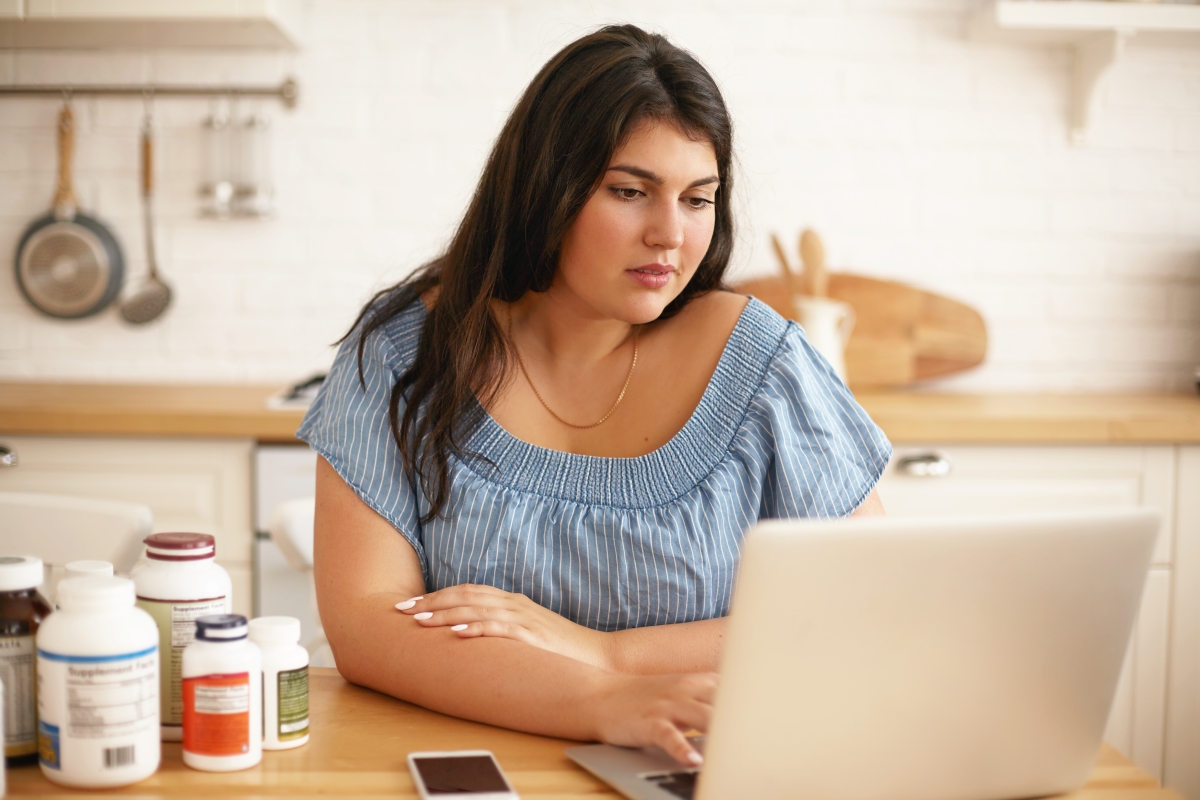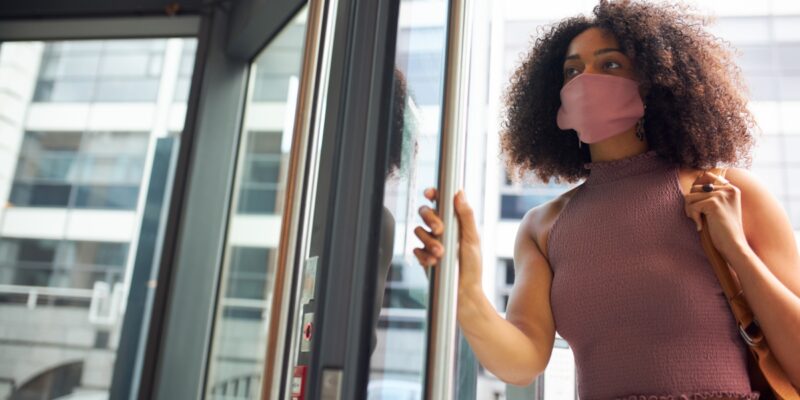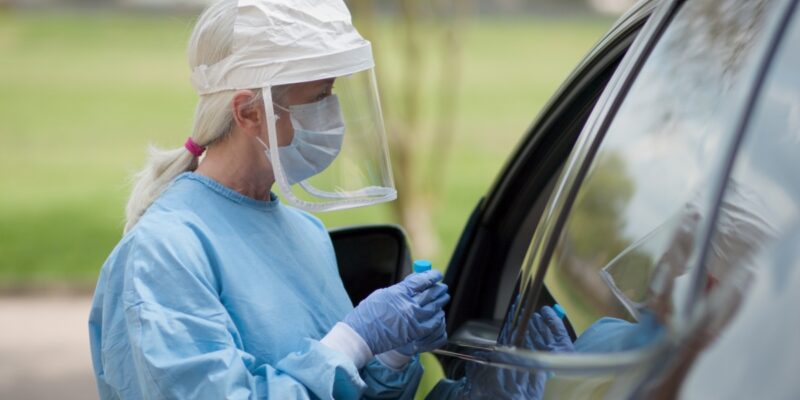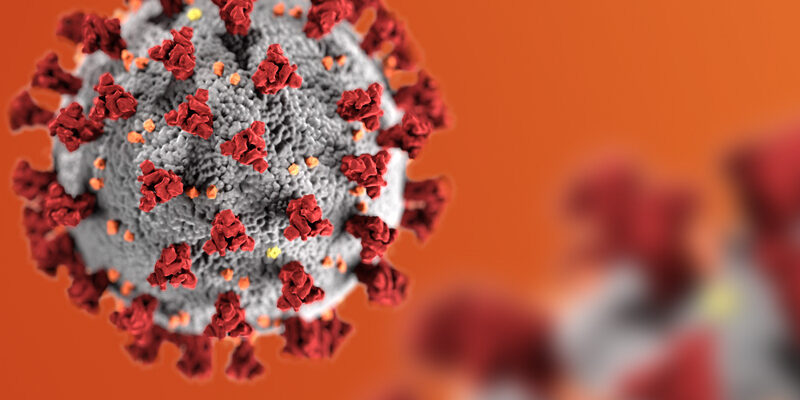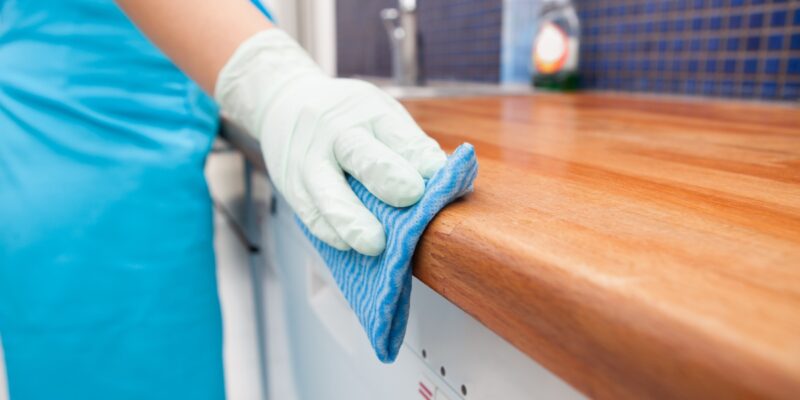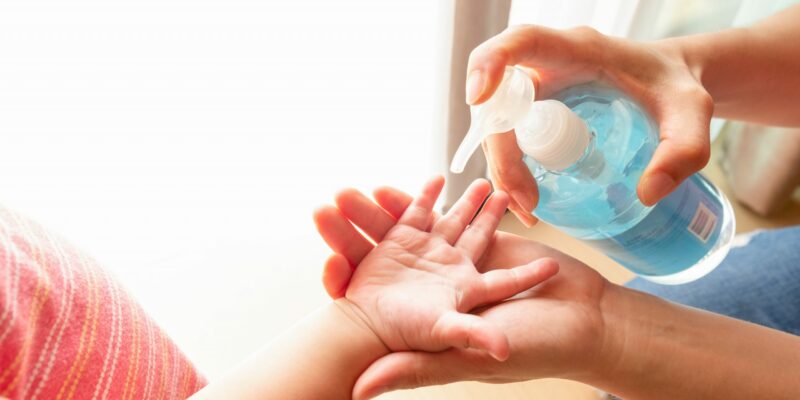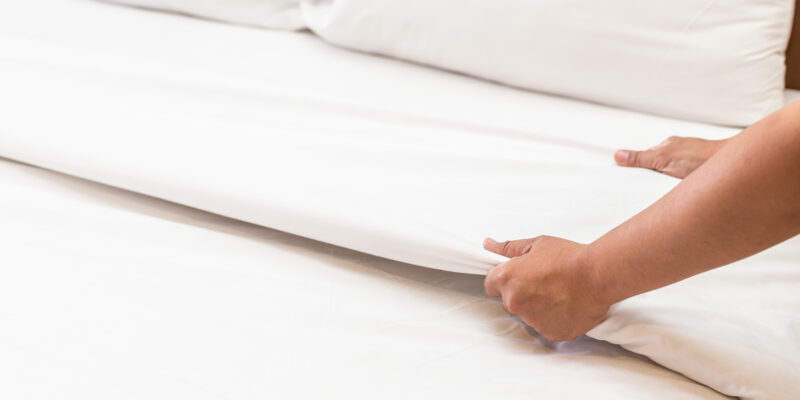Dangers of Self-Medication Using Household Products
Self-medicating is when an individual uses or attempts to self-administer a substance to treat a physical or psychological ailment. Below are a few of the most common examples of self-medication against COVID-19 using household products. These examples have NOT been medically approved as safe OR effective treatments for, or prevention against, COVID-19:
- Drinking Chlorine Dioxide – The FDA1 has warned consumers not to drink chlorine dioxide products sold online as medical treatments such as Miracle Mineral Solution or MMS.2 Ingesting these products can have life-threatening consequences including respiratory failure, fatal abnormal heart rhythms, low blood pressure caused by dehydration, acute liver failure, low blood cell counts and severe vomiting.
- Consuming Excessive Amounts of Alcohol – The World Health Organization (WHO) warns that consuming products containing ethanol alcohol,3 an ingredient in alcoholic beverages, will not protect or prevent someone from being infected with COVID-19. Alcohol has short- and long-term effects on almost every organ in the body, can weaken the immune system and reduce the body’s ability to cope with infectious disease. In addition, heavy use of alcohol increases the risk of acute respiratory distress syndrome (ARDS)—one of the most severe complications of COVID-19.
- Gargling Diluted Bleach Solutions – The WHO has also stated4 that drinking bleach is extremely dangerous. Unfortunately, there have been cases of bleach ingestion as a misguided means to prevent COVID-19 infection. An Internet panel survey5 conducted by the Centers for Disease Control and Prevention (CDC) in June 2020 found that 4 percent of respondents consumed or gargled diluted bleach solutions,6 soapy water and other disinfectants in an effort to protect themselves from COVID-19. A third of survey respondents misused cleaners and disinfectants with the intent of preventing COVID-19 transmission by using bleach on food products, applying household cleaning and disinfectant products to skin, and inhaling or ingesting cleaners and disinfectants.
- Drinking Excessive Amounts of Water to Flush Out the Virus – In March 2020, BBC Future7 published an article highlighting the rumor that drinking excessive amounts of water is an effective way to flush the coronavirus out of the body. This is not a proven method to combat COVID-19, and water intoxication can cause confusion, disorientation, nausea and vomiting.
Approved Uses for Chlorine Dioxide, Ethanol and Chlorine Bleach
- Chlorine dioxide has a variety of antimicrobial uses, including disinfecting drinking water. It is also used as an antimicrobial agent in water used in poultry processing and to wash produce. Chlorine dioxide is also used to sterilize medical equipment.
- Ethanol is a clear, colorless liquid and the principle ingredient in alcoholic beverages. Because it can readily dissolve in water and other organic compounds, ethanol is an ingredient in a range of products, from personal care and beauty products to paints and varnishes to fuel.
- Chlorine bleach is commonly used as either a whitening and disinfecting agent in laundry or an all-purpose disinfectant.
How to Help Stop the Spread of COVID-19
Getting vaccinated, wearing a face mask, washing your hands often, practicing social or physical distancing and staying home as much as possible are the best actions one can take to help minimize the spread of COVID-19.
Get Vaccinated
Getting vaccinated against COVID-19 can help prevent severe illness.8 There are several benefits to getting vaccinated including being able to resume activities you did before the pandemic. Vaccination is a safer way to protect yourself from COVID-19 and can help prevent you from becoming seriously ill if you do get COVID-19.9
Wear a Face Mask
In the spring of 2021, CDC stated that fully vaccinated people did not have to wear a face mask. However, CDC updated its recommendation in late-July 2021 because of the rise of Delta variant infection. This new CDC guidance advises fully vaccinated people to wear a mask in public indoor settings in areas where transmission of the virus is high10 to help to maximize protection from the Delta variant and prevent possibly spreading it to others.11
Wash Your Hands
After being in a public place or touching an item or surface that may be frequently touched by other people (e.g., door handles, tables, gas pumps, and shopping carts), you should wash your hands.12 You should also wash your hands before touching your eyes, nose or mouth. When soap and water are not available, hand sanitizers that contain at least 60 percent alcohol can be used.
Practice Social or Physical Distancing
COVID-19 typically spreads among people who are in close contact for a period time. When someone with COVID-19 talks, coughs or sneezes, droplets from their mouth or nose can land on people nearby and cause them to contract the virus. The CDC recommends people practice social distancing by staying at least 6 feet away from people who are not from your household, as this can help minimize the spread of COVID-19.13
Visit the following resources for more information about COVID-19:
Sources:
- FDA: https://www.fda.gov/news-events/press-announcements/coronavirus-covid-19-update-fda-warns-seller-marketing-dangerous-chlorine-dioxide-products-claim
- FDA Newsroom: https://www.fda.gov/news-events/press-announcements/fda-warns-consumers-about-dangerous-and-potentially-life-threatening-side-effects-miracle-mineral
- World Health Organization – Alcohol and COVID-19: What you need to know
- @WHO (World Health Organization – Twitter): https://twitter.com/WHO/status/1246779780822859776
- CDC: https://www.cdc.gov/mmwr/volumes/69/wr/mm6923e2.htm?s_cid=mm6923e2_w
- US News & World Report: https://www.usnews.com/news/health-news/articles/2020-06-05/cdc-some-people-did-take-bleach-to-protect-from-coronavirus
- BBC Future: https://www.bbc.com/future/article/20200319-covid-19-will-drinking-water-keep-you-safe-from-coronavirus
- CDC – Vaccines for COVID-19: https://www.cdc.gov/coronavirus/2019-ncov/vaccines/index.html
- CDC – Benefits of Getting a COVID-19 Vaccine: https://www.cdc.gov/coronavirus/2019-ncov/vaccines/vaccine-benefits.html
- CDC – Interim Public Health Recommendations for Fully Vaccinated People – https://www.cdc.gov/coronavirus/2019-ncov/vaccines/fully-vaccinated-guidance.html
- CDC – Guidance for Fully Vaccinated People: https://www.cdc.gov/coronavirus/2019-ncov/index.html
- CDC – Keeping Hands Clean: https://www.cdc.gov/healthywater/hygiene/hand/handwashing.html
- CDC – How to Protect Yourself and Others: https://bit.ly/2VxJNJ2

